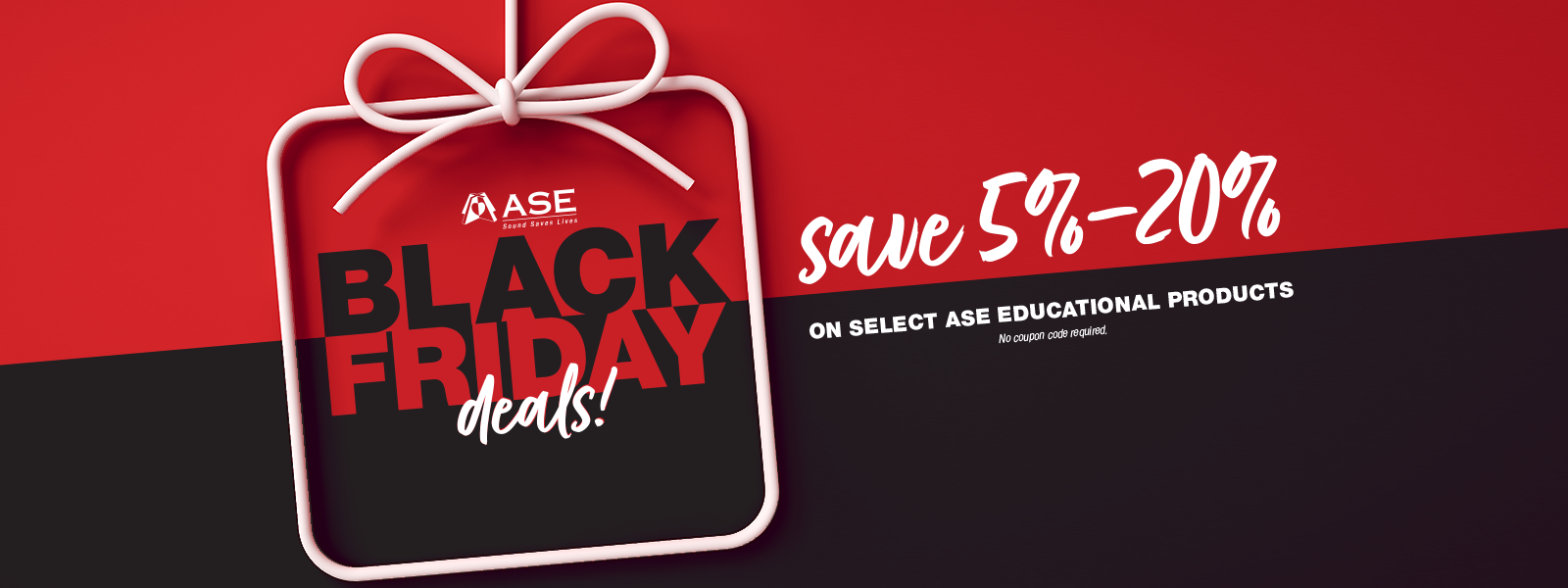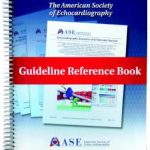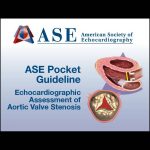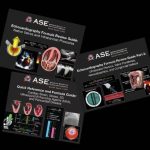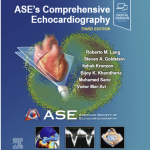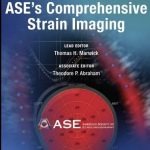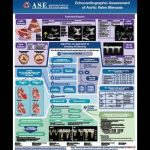This activity has received a 5-star user rating!
ASE is pleased to announce that the full series of 10 episodes of GE Healthcare Vivid Learning Academy’s “Strain Imaging in Echocardiography” is now available in the ASE Learning Hub.
This resource is free to all active ASE members to access for the next two years. The series features pioneers in the field of strain imaging sharing their experience, as well as tips and tricks. Episodes range from basics and applications to using strain in disease diagnosis.

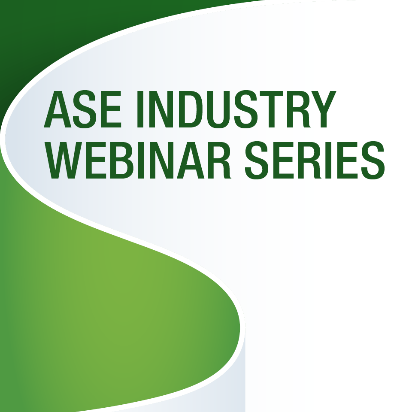
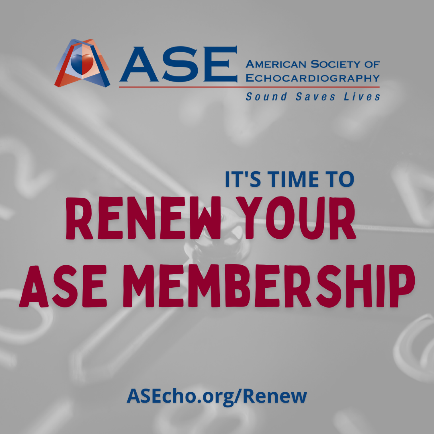
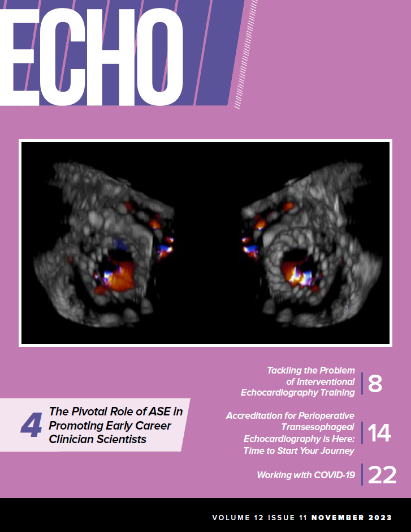
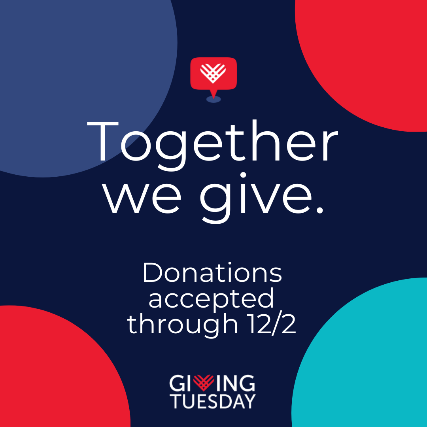
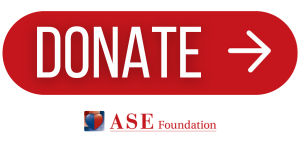
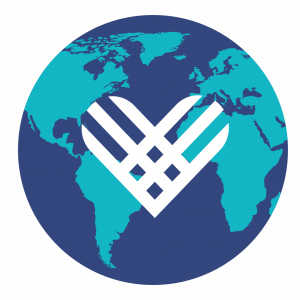
 Now is your chance to become a leader in ASE and the ASE Foundation! If you are an active member and meet the criteria outlined for the position, ask a friend or colleague who is also an ASE member to submit a nomination on your behalf. All available positions are open to any ASE member, regardless of their specialty, and we are looking for a diverse pool of nominees.
Now is your chance to become a leader in ASE and the ASE Foundation! If you are an active member and meet the criteria outlined for the position, ask a friend or colleague who is also an ASE member to submit a nomination on your behalf. All available positions are open to any ASE member, regardless of their specialty, and we are looking for a diverse pool of nominees.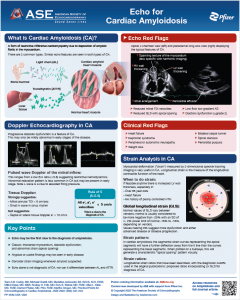
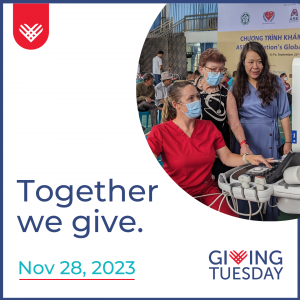 GivingTuesday is next week on November 28, but the ASE Foundation will be
GivingTuesday is next week on November 28, but the ASE Foundation will be 